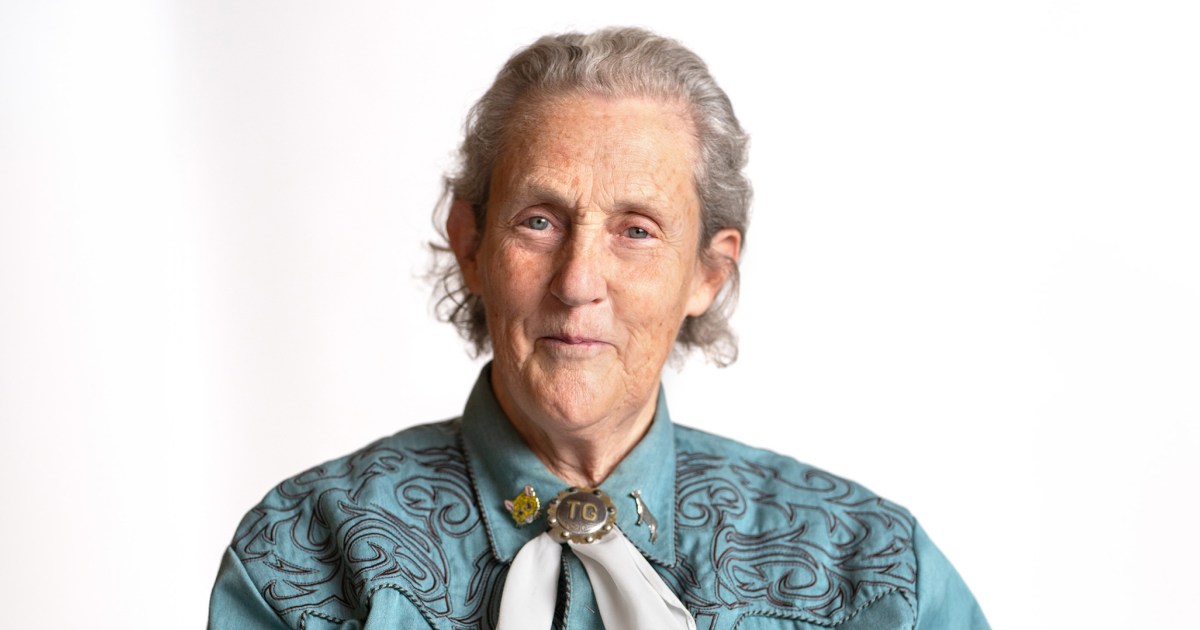Autism and ADHD in the media: In-depth report
Autism and ADHD in the media. Picture: Shutterstock Press Gazette research has found widespread examples of people with autism and ADHD working in news media, even if they often hide their diagnosis from colleagues. Some 136 of our newsletter subscribers filled out our survey on neurodiversity in the media and 64 said they had a neurodivergent condition, with ADHD and autism by far the most common responses. All but five of those who responded to our survey work in the media. These conditions are considered by most to be disabilities which can come with profound challenges. But our survey respondents also revealed they have particular strengths that can make them well suited to jobs in journalism and the media such as restless curiosity, painstaking attention to detail and the ability to “hyperfocus” on specific tasks. Some survey respondents reported having to leave jobs, or failing to get a fair hearing at interviews, because employers were unable to make relatively minor adjustments for them. Under the Equality Act 2010 employers should make reasonable adjustments to accommodate …









